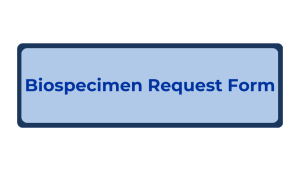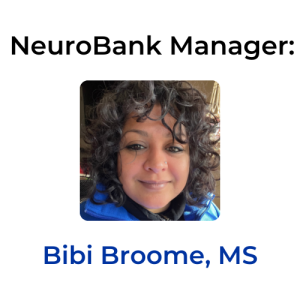NeuroBank

The NeuroBank collects a variety of biospecimens from subjects being evaluated and treated for neurologic conditions at the UK's Albert B. Chandler Hospital and the Kentucky Neuroscience Institute, partnering with multiple clinical groups to procure and store samples for both internal and external research. Since starting in early 2020, NeuroBank has collected over 1,300 samples (over 22,500 aliquots) from more than 1000 participants. Samples have been collected from patients with:
-
inflammatory diseases (i.e., encephalitis)
-
neurodegenerative disorders (i.e., ALS)
-
movement disorders (i.e., Parkinson's)
-
demyelinating diseases (i.e., MS, NMO)
-
episodic and paroxysmal disorders (i.e., migraine, sleep disorders)
-
epilepsy
-
peripheral nerve and plexus disorders
-
cerebral palsy
-
diseases of the eye
-
intracranial hypertension
-
spinal cord injury or disease
-
cerebral infarction and hemorrhage
-
brain injuries, masses, or lesions
We continue to grow and expand our collections based on the needs of researchers, ensuring our samples have high utility and relevance to the neuroscience community.
The NeuroBank's collection efforts focus primarily on blood, CSF, and tissue (although the NeuroBank protocol also allows for the collection of urine, saliva, and buccal swab) with an emphasis on research-dedicated samples that are quickly processed and stored. Clinical information related to the samples and donors is collected and maintained in a secure database. Samples and data are deidentified before releasing to the researcher unless they have specific IRB approval to gain access to this information.
Researchers interested in utilizing the NeuroBank should first complete the NeuroBank Service Request form. This form is a preliminary contact form that allows NeuroBank staff to prepare for supporting studies.
Researchers at UK interested in NeuroBank's biospecimen collection or in developing a specific sample population can submit a request by using the Biospecimen Request Form BUTTON on this page (Qualtrics survey).
Researchers from outside the University of Kentucky who are interested in NeuroBank's biospecimen collection must send a completed External Users Biospecimen Request application (fillable pdf form) by email to NeuroBank@uky.edu.
To access samples from the NeuroBank, all researchers must be IRB approved (external researchers will be asked to submit appropriate documentation from their institution) or have a documented determination that their project is Not Human Research.


